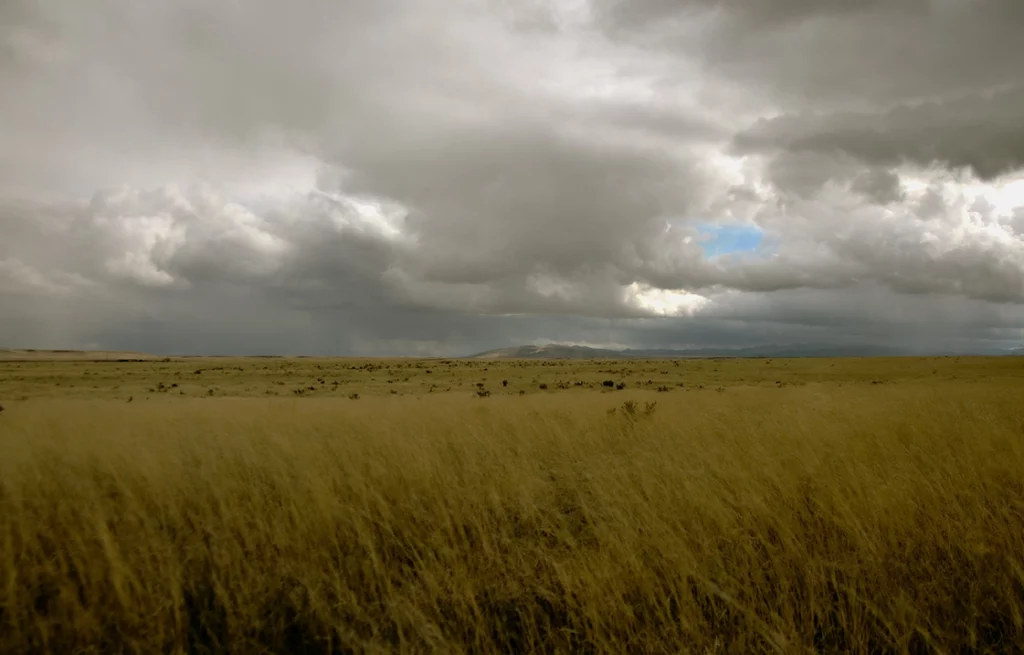African startups face a range of challenges as the global tech industry endures an ongoing slump and the funding pool is reduced.
African startups, despite enjoying a record year in terms of funding in 2022, face a range of challenges in 2023 as an ongoing downturn in the tech industry sees the investment pool shrink, according to reporting by Bloomberg.
African startups: Trouble ahead
2023 saw African startups raise a record USD 5.3 billion, a rise of approximately USD 100,000 from 2021. The number of deals rose by 20% to 964, according to market intelligence company Briter Bridges. “There are some red flags in that the mega-deals are largely driven by overseas, non-African-committed investors,” said Dario Giuliani, director at Briter Bridges. “There is a risk that the pool for growth funding may be limited in 2023.”
Global funds including Sequoia Capital and Tiger Global have led the largest investments in African startups over the past few years. However, as much of the West faces a recession and technology companies around the world are laying off staff, private equity and venture capital firms may avoid making large investments.
Sonneborn: High profile downrounds ahead
According to William Sonneborn, International Finance Corp’s global director of disruptive technology and funds, the valuations of tech firms are depressed. “Private businesses aren’t immune from how listed comparables are valued. I expect several high-profile downrounds on the continent this year.”
Healthtech, climate and farming tech to rise
Over 33% of African startup funding was directed to fintechs in 2022, however, Sonneborn claims that healthtech, climate and farming technology will attract funds this year.
Challenges to “the big four”
Egypt, Nigeria, South Africa and Kenya continue to attract the vast majority of funding. This is largely put down to their large markets, the support for the startup sector through accelerators, and their more developed economies. However, according to Giuliani, all four are facing economic challenges ranging from slowing growth to currency depreciation. As a result, financing may be impacted. The Egyptian pound sits at a record low while the Nigerian economy is struggling to address rising debt and its currency is weakening. Ghana and Kenya have also seen their currencies depreciate.
“While in 2021, companies were encouraged to grow at all costs, they now are focused on preserving cash, reducing burn and delaying their next round as long as possible,” Sonneborn said.

1 Comment
Pingback: African startups double debt financing